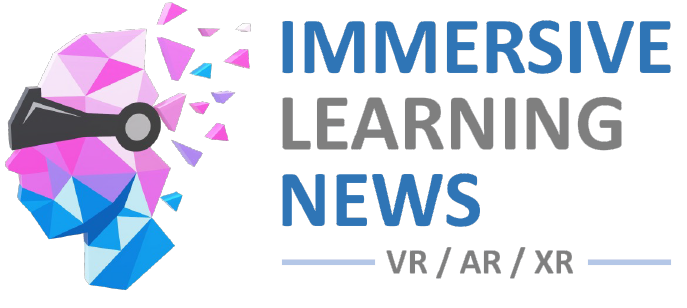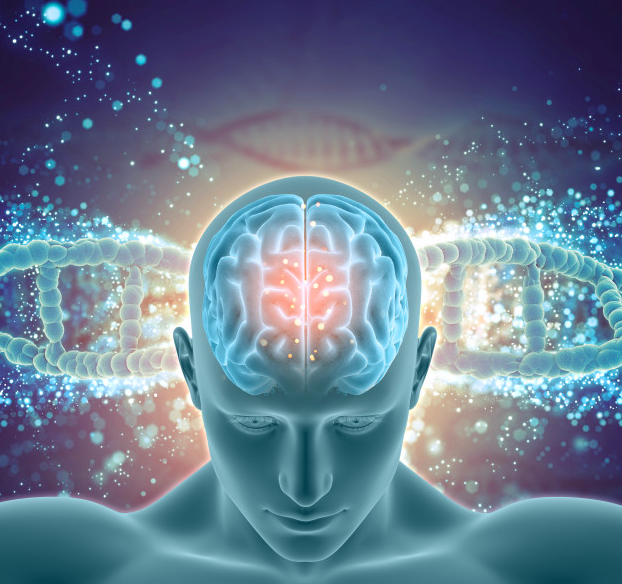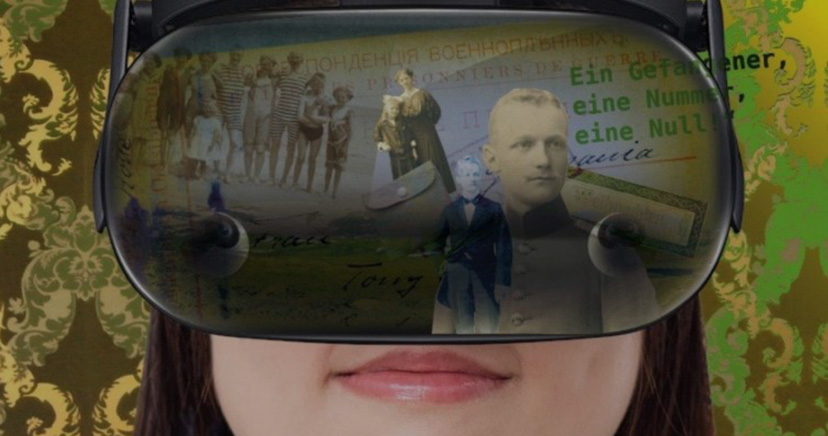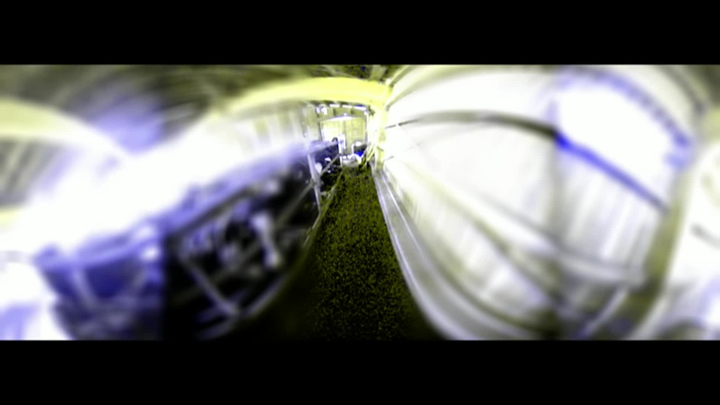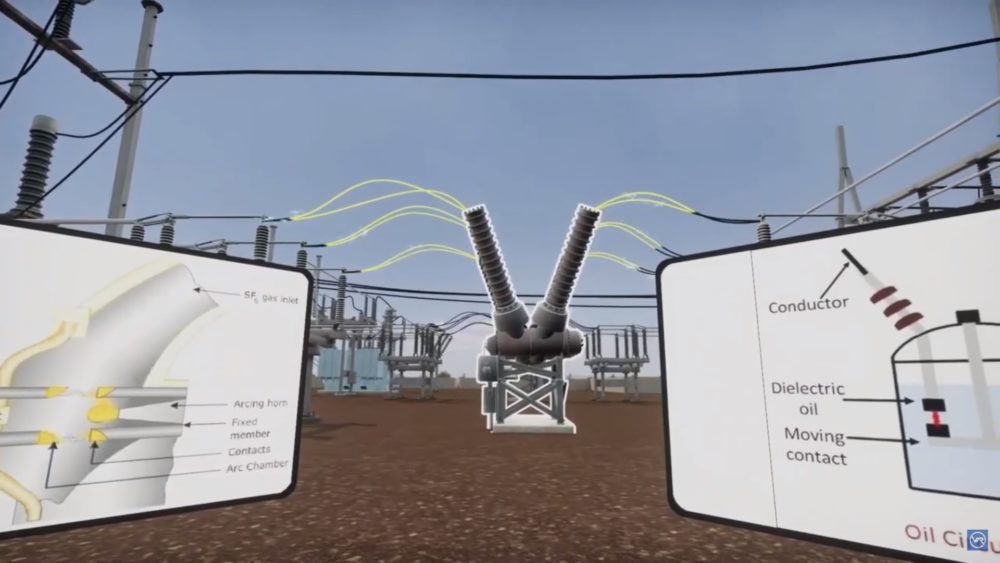What is the most awesome thing you have ever experienced? Think about it for a second.
Chances are, what made it awesome was not the experience itself, but how it made you feel.
We climb mountains, spend time with loved ones, go skydiving, strive for career goals, enjoy nature, listen to music and create art because it somehow feels good. Indeed, many of the activities we participate in would be pointless without the reaction they induce in the mind.
The universe does not feel anything. All happiness, sorrow, motivation, anger, relief, awe and love you have ever experienced, is a result of physical reactions in your brain.
Imagine reaching the top of Mt. Everest and feeling nothing. To experience skydiving as merely a route of transport from the airplane to the ground, without any fear, excitement or adrenaline. To hold your newborn baby in your arms for the first time, and find it no more interesting than holding a rock or a piece of cloth. The way we experience the world is so impossible to imagine without the plethora of feelings that comes with it, the very thought of it sounds absurd.
The feelings that chemicals in your brain evokes can be manipulated. Some reach it through meditation. Caffeine is a mild drug of choice for billions of people, while others experiment with stronger stimuli: alcohol triggers an increased feeling of well-being, cocaine and heroin can create intense feelings of pleasure and euphoria. MDMA and ecstasy stimulate the production of “social hormones” along with euphoria that can make you feel incredibly connected to other people. Psychedelics such as LSD and magic mushrooms can induce life-changing experiences, and move users into conscious states so radically different than everyday life that users feel that a veil has been removed from their consciousness, and they are able to experience space and time in profoundly new ways.
What they all have in common, is that they don’t create the experience for you. The ability was in there in the brain all along, but needed the right stimuli to surface.
Ignore for a minute the damaging effects some drugs have, and focus instead on the incredibly fact that your brain is capable of making you feel like that. As I’ve written about before, the nature of our consciousness and how it can be manipulated is, pardon the pun, mind-blowing.
Unrefined tools and unintended effects
Let’s ignore definitions like “legal/illegal”, “narcotics”, etc. for a while, as the brain doesn’t really care. It just reacts to whatever stimuli it’s given, no matter what lawmakers think about them. This way, it’s easier to think of any drug as simply a chemical that somehow alters your brain functioning, without any stigma attached.
The tools we use today to manipulate emotions are crude and unrefined, as is our knowledge about how it all works. Most drugs come with a range of side-effects, and the effect of them can vary greatly. Anti-depressants like SSRIs are ingested and enter the bloodstream, and try to control how neurotransmitters behave in the brain. They inhibit serotonin from being reabsorbed by the nerve cells in which they were produced, which increases the overall level of serotonin in the brain, thought to raise your mood. The problem is, we don’t know how that affects other parts of your brain and body, or even how much serotonin is connected to mood in any given person. It’s like having a village with one terrorist and punishing the whole village because we can’t figure out who it is. Don’t get me wrong: anti-depressants have helped many, the side-effects are usually tolerable and the research behind them is impressive: but they are very far from perfect. We wanted a sniper, but got a bomb raid.
Alcohol suffers the same. It’s one of the most common drugs used to reach a state of mild euphoria. But when you think of it in the line of a medicine, it’s easier to become aware of the ridiculous side-effects it also produces: loss of motor controls, highly reduced cognitive skills, slurred speech and terrible reaction time. The more you drink, the more the alcohol turns you into a completely non-functioning member of society, not to mention the hangover with headaches, nausea, anxiety and displeasure lasting up to several days. Would you accept side-effects like these from medicine your doctor prescribed? Of course not! The idea of it is preposterous. Yet we’ve used alcohol for thousands of years, ignoring the horrible effects just to get that small spike in happiness that it also happens to induce along with everything else.
What if it didn’t have to suffer those effects? What if the pleasure of alcohol, heroine and cocaine could be isolated from its terrible damaging and addictive properties? Would they be completely harm-free and accepted by society? Not necessarily: drugs are not only shunned only for their side-effects, but for how they change your personality. Cocaine may give you a strong sense of self-confidence that is highly pleasurable, but can also be destructive: users pick fights, ruin relationships, spend money unwisely and hurt themselves and others not because of the side-effects, but quite simply because you are not supposed to feel that good and cocksure about everything. Some things are supposed to hurt, because it inhibits you from doing stupid things.
The same goes for psychedelics. The deep emotions they awake, no matter how profound they feel, can hardly be combined with everyday life like going to work, driving, entertaining dinner guests and studying for an exam. Again, it’s not side-effects that are the culprit: it’s the exact overwhelming experience that the drug is supposed to produce that renders us incapable of functioning.
So while the future may allow us to chemically (or otherwise) reach a higher level of control over our emotions and remove its side-effects, it would still be hard to combine with the nature of life going on around us. Our brains evolved to keep a lid on them, because the opposite would harm our chances of survival and replication. You are supposed to stay in balance, but that doesn’t change the fact that tipping that balance can lead to enormously fascinating experiences.
A Virtual World of Emotions
Traditionally, humans are described as having five senses: sight, hearing, taste, smell, and touch. What constitutes a sense is a matter of debate, and we might add a range of other input to the list, such as the ability to feel temperature, pain, balance and other stimuli, but it doesn’t matter for this discussion.
Virtual Reality, in it’s current state, is the manipulation of two senses. We trick the brain into thinking it’s seeing and hearing the real world, when it’s actually looking at a screen, and listening to sounds generated in a headset. As impressive as a VR experience can be, it’s still blunt technology, requiring bulky equipment, limiting movement and producing a not-quite-convincing result. But like all technologies it will continue to evolve and get better, and it’s likely that within a few decades, we will be able to produce virtual experiences that are indistinguishable from the real world.
If Virtual Reality is capable of tricking our basic senses, why not our emotions?
Imagine that you can experience a virtual world where your emotions are manipulated with the same precision as your sight and hearing. Where love, sorrow, awe, fear, courage and every other part of the specter are felt with greater intensity than our most important moments in life. Imagine meeting an enormous dragon in a cave, and sensing actual, overwhelming dread. Imagine saving a damsel in distress, worn after the emotional ups and downs of a perilous journey and feeling a wave of actual love. Imagine floating among the galaxies in a beautiful, enormous universe, your mind infused with the depth and endless, reflection of a psychedelic trip, absolutely convinced that you are one with everything around you. How long can we venture into the uncharted territories of the mind? How deep does that rabbit-hole go? The myth that we only use 1% of our brains may be inaccurate, but it the fact that we are merely floating on the surface of a deep sea of mysteries contained within the mind seems more true the more we learn.
It’s said that there is nothing left to discover on earth, and space is the final frontier. I disagree. Emotional Virtual Worlds offer experiences of unimaginable depth and beauty. The prospect is incredibly fascinating and scary at the same time. Would you ever want to leave a world of endless adventure and emotional stimuli?
How would it feel to open your eyes to the real world, having just left the most intense and amazing dream you have ever had?
Quelle:
https://medium.com/@petter.amlie/the-mind-blowing-concept-of-emotional-virtual-reality-7c6cccc214d5
